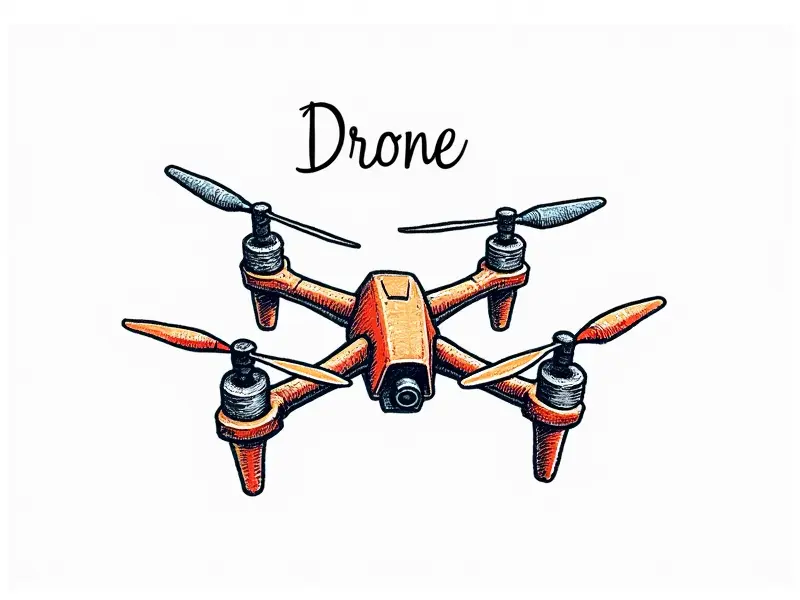FPV drone frame sizes explained

FPV Drone Frame Sizes Explained
When it comes to FPV (First Person View) drones, selecting the right frame size is crucial for optimal performance and enjoyment. This article delves into various aspects of FPV drone frame sizes, providing insights that will help you make an informed decision.
What Are The Best FPV Drone Frame Sizes?
The best FPV drone frame size depends on your specific needs and preferences. Factors such as maneuverability, speed, battery life, and camera quality should all be considered when choosing the right size for your setup.
Understanding FPV Drone Frame Dimensions
FPV drones come in a variety of sizes, each with its own set of dimensions that affect performance. Common frame sizes range from mini to large, offering different advantages and disadvantages depending on their intended use.
Choosing the Right Size for Your FPV Drone
Selecting an appropriate frame size is essential for achieving desired flight characteristics. Consider your flying environment, skill level, and goals when making this decision.
Optimal Frame Sizes for FPV Racing Drones
Racing drones typically require smaller frames to achieve high speeds and quick maneuvers. Common racing frame sizes include 150mm, 210mm, and 250mm, each offering unique performance benefits.
Why Frame Size Matters in FPV Drones
The size of an FPV drone's frame significantly impacts its overall performance. Larger frames provide more stability but may sacrifice agility, while smaller frames offer enhanced maneuverability at the cost of endurance.
Common FPV Drone Frame Sizes Explained
- Mini Frames (100mm-150mm): These small frames are ideal for indoor racing and tight spaces, offering exceptional agility but limited battery life.
- Micro Frames (70mm-90mm): Micro drones excel in confined areas like basements or small rooms. They are highly maneuverable but have even shorter flight times.
- Standard Frames (210mm-350mm): Standard frames strike a balance between speed and stability, suitable for outdoor racing and general flying.
- Larger Frames (450mm+): Larger frames provide excellent stability and payload capacity but are less agile. They are ideal for carrying high-quality cameras or other equipment.
Mini vs Micro FPV Drone Frames Explained
Both mini and micro frames offer unique advantages, particularly in terms of maneuverability and portability. Mini drones are slightly larger than micros but still highly agile, while micro drones are the smallest option available for indoor racing.
How Frame Size Affects FPV Drone Performance
The frame size directly influences several key performance metrics:
- Airspeed: Smaller frames generally achieve higher speeds due to reduced weight and aerodynamic drag.
- Battery Life: Larger frames typically have more space for batteries, resulting in longer flight times.
- Stability: Bigger frames offer better stability in windy conditions or when carrying heavier payloads.
Guide to FPV Drone Frame Scale Options
Choosing the right frame scale is crucial for achieving optimal performance. Consider factors such as intended use, flying environment, and personal preferences when selecting a frame size.
FPV Drone Frames: Size Matters
The size of your drone's frame plays a significant role in determining its overall capabilities. Whether you're racing through tight spaces or soaring over open fields, the right frame size can make all the difference.
The Impact of Frame Size on FPV Performance
Understanding how frame size impacts various aspects of FPV drone performance is essential for making an informed decision. By considering factors such as speed, stability, and battery life, you can select a frame that best suits your needs.
Conclusion
In conclusion, selecting the right frame size for your FPV drone is crucial to achieving optimal performance. Whether you're racing through tight spaces or flying over open fields, choosing the appropriate frame dimensions will enhance your overall experience and enjoyment of FPV drone technology.

